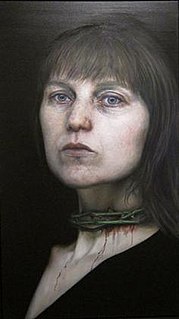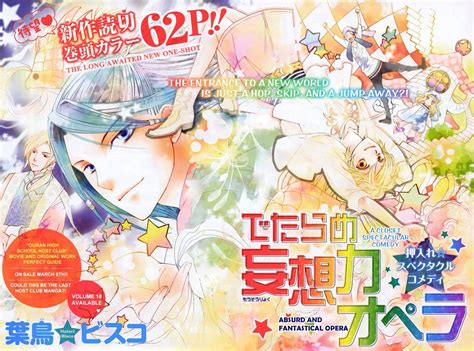A Quote by Kathryn Schulz
If we have goals and dreams and we want to do our best, and if we love people and we don’t want to hurt them or lose them, we should feel pain when things go wrong. The point isn’t to live without any regrets, the point is to not hate ourselves for having them… We need to learn to love the flawed, imperfect things that we create, and to forgive ourselves for creating them. Regret doesn’t remind us that we did badly — it reminds us that we know we can do better.
Quote Topics
Related Quotes
To love women, to love our vaginas, to know them and touch them and be familiar with who we are and what we need. To satisfy ourselves, to teach our lovers to satisfy us, to be present in our vaginas, to speak of them out loud, to speak of their hunger and pain and loneliness and humor, to make them visible so they cannot be ravaged in the dark without great consequence, so that our center, our point, our motor, our dream, is no longer detached, mutilated, numb, broken, invisible, or ashamed.
Christianity does not want us to reduce by one atom the hatred we feel for cruelty and treachery. We ought to hate them. Not one word of what we have said about them needs to be unsaid. But it does want us to hate them in the same way in which we hate things in ourselves: being sorry that the man should have done such things, and hoping, if it is anyway possible, that somehow, sometime, somewhere he can be cured and made human again.
When an injustice happens, we want to be vindicated. People feel that if they forgive the person who hurt them, then they will continue to take advantage of them or not take responsibility for what they did wrong. If we're honest, we'll admit that we usually want the person who hurt us to pay for what they did. We can't get past this until we get the revelation that only God can pay us back. He is our Vindicator - He will heal and restore us if we will trust Him and forgive our enemies as He has told us to do.
There’s only one thing we can be sure of, and that is the love that we have -- for our children, for our families, for each other. The warmth of a small child’s embrace -- that is true. The memories we have of them, the joy that they bring, the wonder we see through their eyes, that fierce and boundless love we feel for them, a love that takes us out of ourselves, and binds us to something larger -- we know that’s what matters. We know we’re always doing right when we’re taking care of them, when we’re teaching them well, when we’re showing acts of kindness. We don’t go wrong when we do that.
When we think of all the things we want to do with our other half the answer should be simple; we should want to do absolutely everything with them. We should want to experience everything, feel everything, see everything with no one but them by our sides. When we look back on our lives it's not the things we did do with them that we'll regret, it's the things we didn't do.
In a world where there are no longer books we have almost all of us read, the movies we have almost all of us seen are perhaps the richest cultural bond we have. They go on haunting us for years the way our dreams go on haunting us. In a way they are our dreams. The best of them remind us of human truths that would not seem as true without them. They help to remind us that we are all of us humans together.
Sometimes people hurt us unintentionally. We may view that they've hurt us intentionally and want revenge. But sometimes when we really look back again, we can see that they weren't intentional in trying to hurt us. That's when we need to confess our judgment of them and forgive them for their unintentional hurts committed against us.
I'd like them to see that those things that set us apart or make us different can be wonderful contributions to the world around us. I'd like them to see that size and color are irrelevant to the dreams we envision for ourselves. And I'd also love for them to see that life is a journey, and every step of the way, we can learn something and become stronger and wiser.
We're always contradicting ourselves. We want people to tell us apart.... ...yet we don't want them to be able to. We want people to get to know us... ...but we also want them to keep their distance. We've always longed for someone to accept us... But we never believed there'd be anyone who would accept our twisted ways. That's why we'll stay locked up tight... ...in our own little private world... ...and throw away the key, so that no one can ever hurt us.
There is no pain equal to that which two lovers can inflict on one another... It is when we begin to hurt those whom we love that the guilt with which we are born becomes intolerable, and since all those whom we love intensely and continuously grow part of us, and since we hate ourselves in them, so we torture ourselves and them together.






























